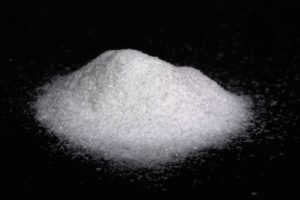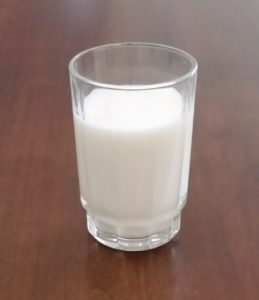 Most of the foods and drinks for sale at store checkout lanes are unhealthy. This includes supermarkets, grocery stores, dollar stores, drugstores, and specialty food stores. This shouldn't be a surprise to anyone.
Most of the foods and drinks for sale at store checkout lanes are unhealthy. This includes supermarkets, grocery stores, dollar stores, drugstores, and specialty food stores. This shouldn't be a surprise to anyone.
University of California researchers found that 70% of foods and drinks displayed in store checkout lanes to be unhealthy. And if the offerings are snack-sized, the number of unhealthy foods rises to 89%. Typical foods displayed at checkout lanes were candy (31%), gum (18%), sweetened beverages, salty snacks, mints, and sweets.
Why? Because food and beverage companies view checkout lanes as prime real estate for their goods, and pay money to the stores to place their products there. They count on people making impulse purchases of their products.
From Medical Xpress: Temptation at the checkout: 70% of food, drinks within arm's reach are unhealthy
We've all been there: waiting in line at a store checkout, surrounded by tempting snacks and drinks. Navigating the checkout lane in search of healthy options could be a challenge, according to researchers at the University of California, Davis, who found that 70% of foods and beverages at checkout are unhealthy.
...continue reading "Mainly Unhealthy Foods For Sale At Store Checkout Lanes"


 A recent study was good news for those wishing to lower their chances of developing heart disease (cardiovascular disease) without the use of medications. Instead, focus on the foods you eat, specifically those in a Mediterranean-style diet.
A recent study was good news for those wishing to lower their chances of developing heart disease (cardiovascular disease) without the use of medications. Instead, focus on the foods you eat, specifically those in a Mediterranean-style diet. It absolutely makes sense that a good diet before and during pregnancy is associated with better pregnancy outcomes, including the risk for miscarriage.
It absolutely makes sense that a good diet before and during pregnancy is associated with better pregnancy outcomes, including the risk for miscarriage. Artificial sweeteners are very popular, with sucralose (Splenda) being the most widely used artificial sweetener in the US. However, there is increasing evidence that these sweeteners are linked to health problems. Recently,
Artificial sweeteners are very popular, with sucralose (Splenda) being the most widely used artificial sweetener in the US. However, there is increasing evidence that these sweeteners are linked to health problems. Recently,  One fear people have is of developing problems with their memory in their later years, called age-related memory loss. A recent study finding a possible way to maintain memory in older adults is intriguing and offers hope. And best of all, it's fairly easy to do - just increase the intake of flavanol rich foods.
One fear people have is of developing problems with their memory in their later years, called age-related memory loss. A recent study finding a possible way to maintain memory in older adults is intriguing and offers hope. And best of all, it's fairly easy to do - just increase the intake of flavanol rich foods.
 Not all foods are equal. Especially dairy milk vs alternative "milks", such as almond or oat milks. Or plant-based "meat" vs animal meat. A recent
Not all foods are equal. Especially dairy milk vs alternative "milks", such as almond or oat milks. Or plant-based "meat" vs animal meat. A recent